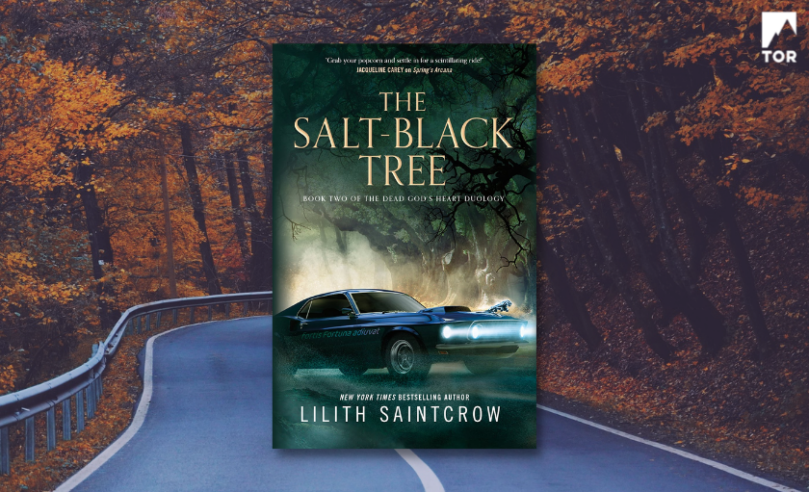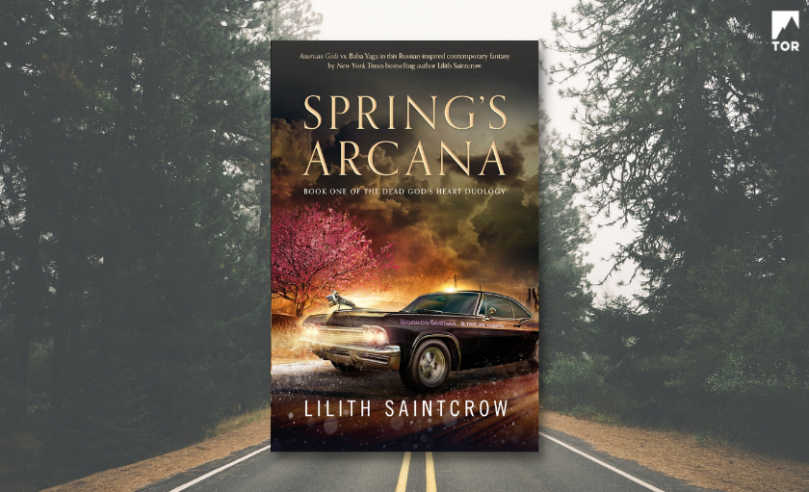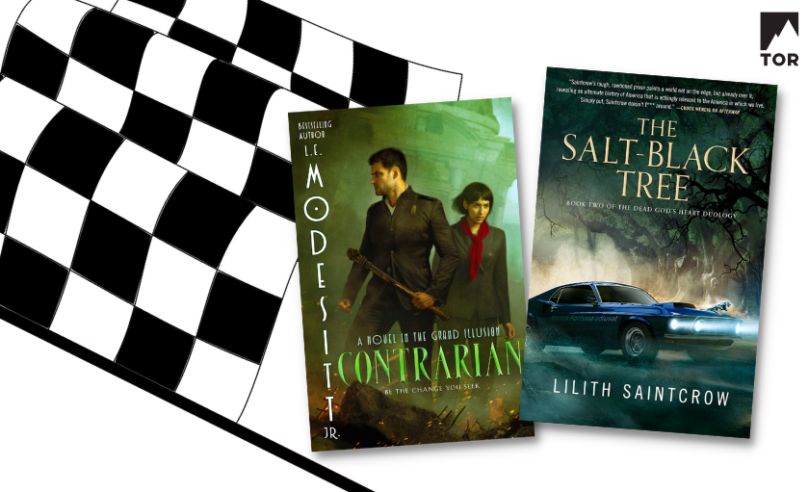
Excerpt Reveal: The Salt-Black Tree by Lilith Saintcrow
Please enjoy this free excerpt of The Salt-Black Tree by Lilith Saintcrow, on sale 8/8/23

Please enjoy this free excerpt of The Salt-Black Tree by Lilith Saintcrow, on sale 8/8/23

Please enjoy this free excerpt of Spring’s Arcana by Lilith Saintcrow, on sale 5/2/23

Writing books isn’t a race! Artists create unique and beautiful works in their own good time. But that doesn’t matter, because with our authors, we’re absolutely winning 😎
Check out these final books in series slated to arrive in stores this year!